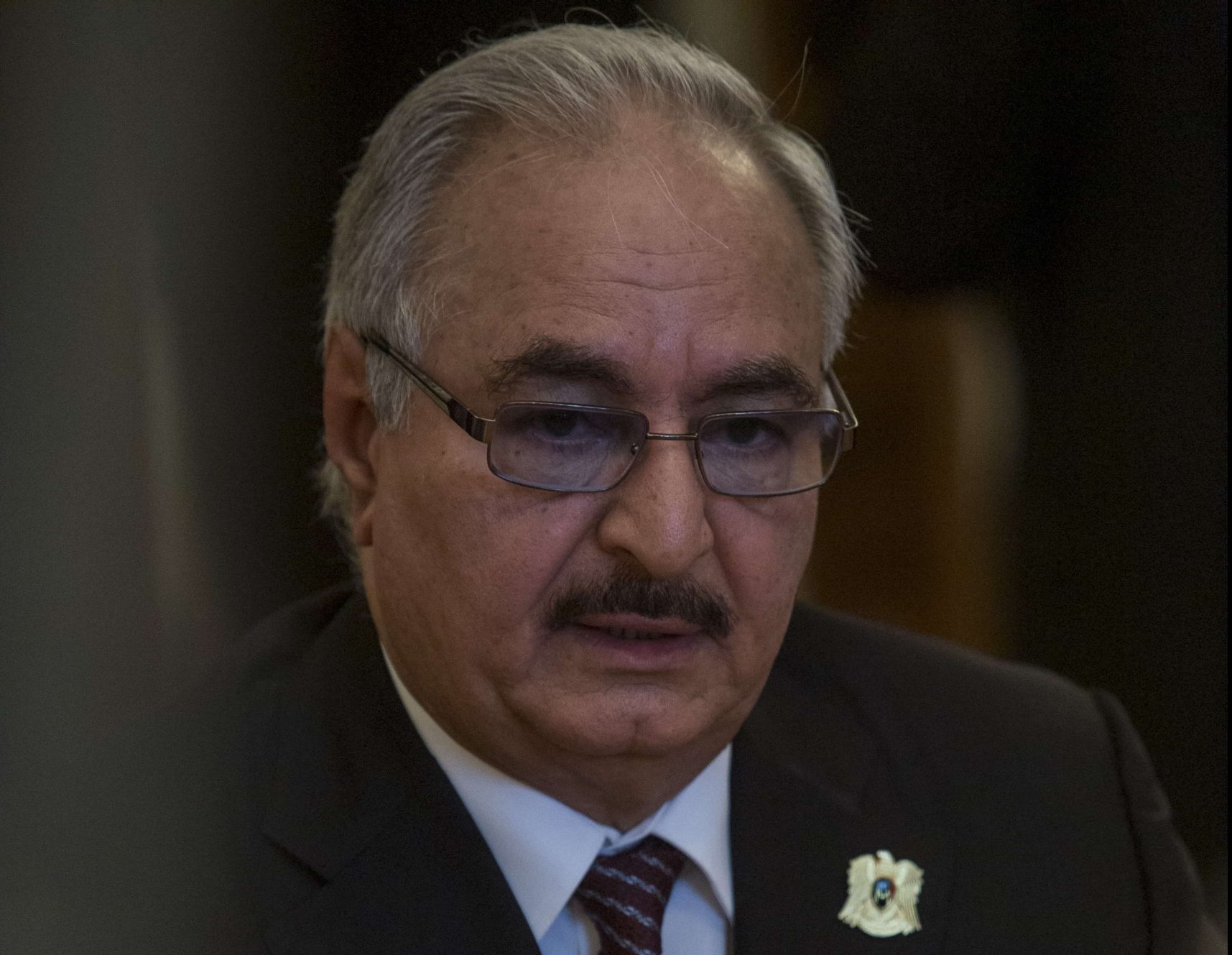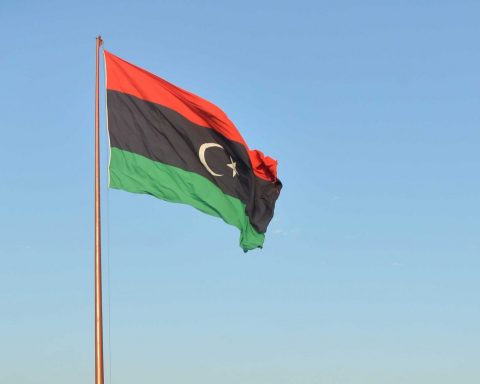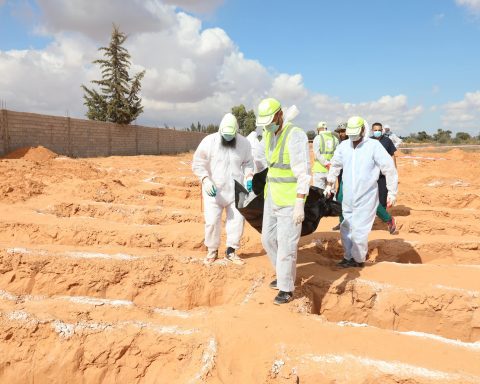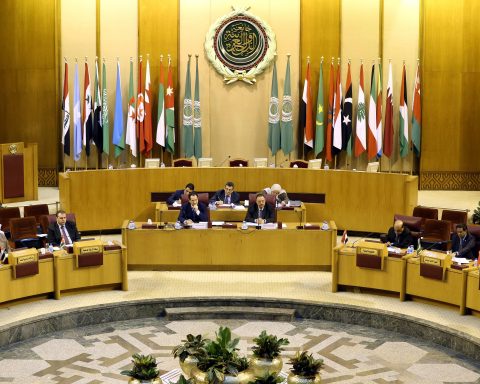On Saturday, May 29, a military parade took place at Benina Airport in Benghazi with the participation of the militia groups from the southern and eastern regions of the country affiliated with so-called Libyan National Army (LNA), to commemorate the 7th anniversary of Operation Dignity.
The leader of the eastern militia groups, Khalifa Haftar, sent an invitation to the Government of National Unity (GNU) officials and members of the Presidential Council before the ceremony. However, there was no participation in the ceremony by GNU officials and members of the Presidency Council. Head of the Presidency Council Muhammed Menfi and the Prime Minister Abdul Hamid Dbeibeh did not attend the ceremony yesterday due to their surprise foreign visits to Algeria and Tunisia, respectively.
Abdullah al-Lafi, a member of the Presidency Council, and some within GNU were highly critical of the ceremony in terms of content and timing. Al-Lafi, who was in bilateral talks in Turkey at the time of the invitation, stated that Haftar’s attempts “harmed the political process and national reconciliation”, adding that the ceremony was a one-sided step that would re-kindle the conflict environment in the country.
In addition, many armored vehicles, multiple rocket systems and different types of weapons were introduced during the ceremony, and MiG-21 warplanes made demonstration flights. During the flight, one of the MiG-21 fighter planes crashed as a result of an accident, and a pilot died at the scene.
LNA spokesperson Ahmed al-Mismari stated that “the purpose of the ceremony was to promote peace and did not pose a threat to any of the LNA troops”. Despite Mismari’s statements, the ceremony was perceived by many as a show of force. It is known that Prime Minister Dbeibeh is still facing a legitimacy crisis in the east of the country. The cabinet meeting to be held in Benghazi last month was canceled for security reasons as a result of the protests of pro-Haftar people who came to Benina Airport.
With the latest developments, it can be perceived that Khalifa Haftar does not want to lose his control in Benghazi. In addition, at a time when there are discussions about the December 24 presidential and parliamentary elections, Haftar also wants to show that he and his LNA is still the strongest actor in case the political process reaches a dead-end. Because, with the support of the United Nations (UN) and the European Union (EU) countries for the democratic elections and their full involvement in the crisis, it was seen that the military alternative was thrown into the background. Khalifa Haftar, on the other hand, declared that he welcomed the new actors of Libya, but in the ongoing process, he tried to show himself as a legitimate actor in the new period due to the concerns of exclusion.
In this context, it is perceived, by many international and local mediums concerned with the political situation in Libya, that Khalifa Haftar is attempting to send a message to the GNU and other political figures with opposing views with this ceremony.














